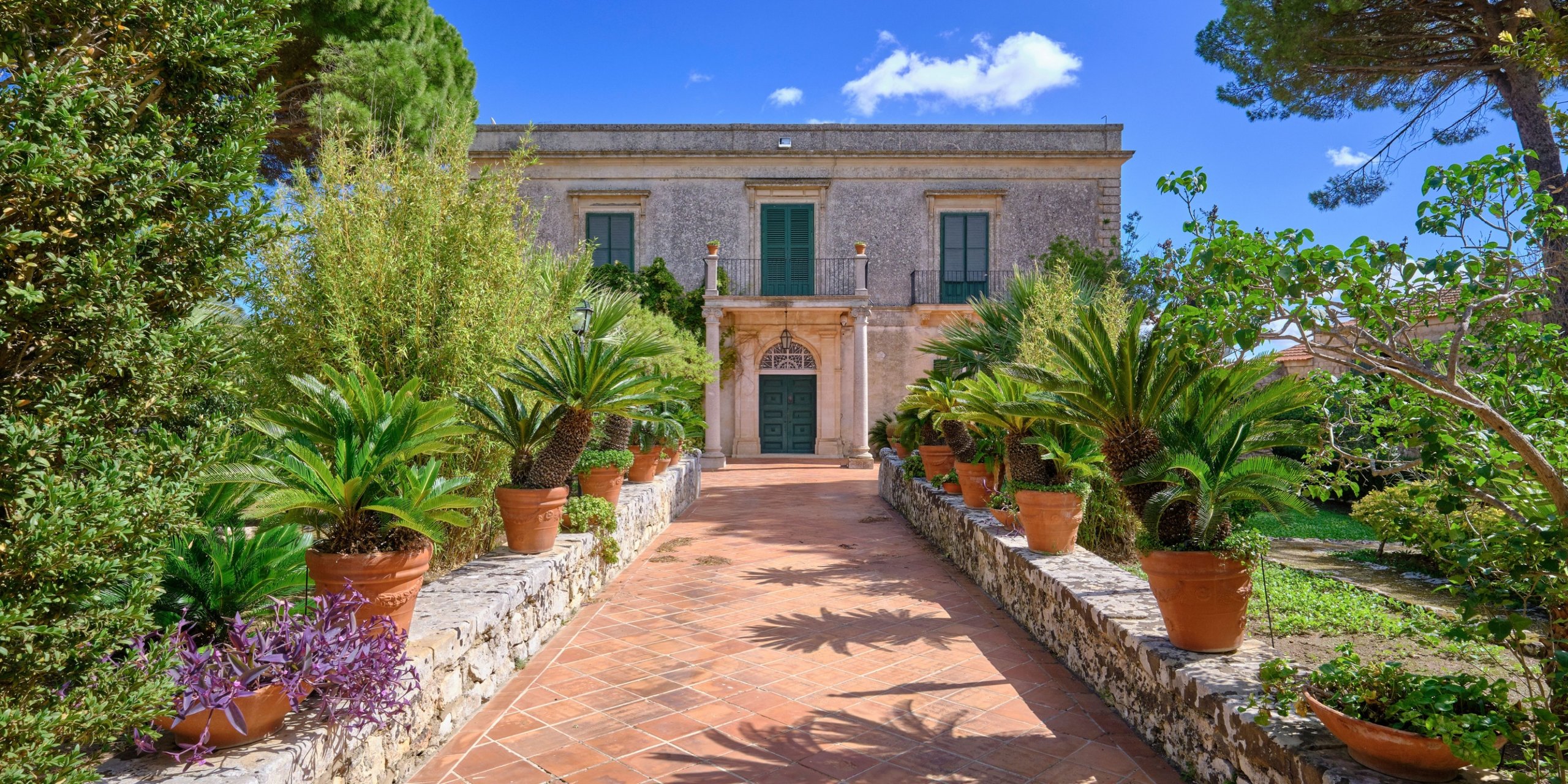Discover essential tips for looking after your new Italian home. Including paying tax, maintenance, licensing and hiring property management in Italy.
Owning a property in Italy offers a dream lifestyle, yet effective property management is essential to fully enjoy your investment. The responsibilities of managing a property can differ greatly depending on whether it is your primary residence or a holiday home.
Download the Italy Buying Guide
For primary residences, upkeep may feel straightforward, but holiday home owners, especially those renting out their properties, need to establish a robust property management system.
Contents
- Homeowner need-to-knows in Italy
- Hiring a property manager
- Maintaining your home
- Renting out your property
- Larger scale renting
- Insurance
Homeowner need-to-knows in Italy
As a property owner in Italy, you will need to navigate various responsibilities, including:
- Property taxes (IMU)
- Property maintenance
- Following local building regulations
- Paying utility bills
- Rental restrictions and licensing
- Key holding and management if renting
If you live in Italy, managing these aspects becomes considerably easier. You can set up direct debits from your Italian bank account to handle ongoing utility payments, taxes and maintenance in a timely manner.
For absentee owners, however, hiring a property manager in Italy may be a prudent option.
Hiring a property manager
For non-resident homeowners, employing a property manager can significantly ease the stress of maintaining a property and ensuring it generates income. Property management companies in Italy provide a spectrum of services tailored to overseas owners. These services typically include:
- Marketing your property for rent
- Handling tenant inquiries and conducting viewings
- Managing lease agreements and ensuring timely rent collection
- Overseeing compliance with local regulations and tax obligations
Management fees in Italy vary based on service level and property location. Fees generally range between 10% to 30% of rental income. Conduct extensive research to select a reputable company with experience in managing properties that mirror your own.
Maintaining your home
There’s a rough rule in property management: budget 1% of the property’s value each year for maintenance. So if your property in Italy cost €300,000, it would be prudent to set aside €3,000 each year to keep it spruced up.
It’s always best, when you are not living in a property full time and thus on site to make quick and easy improvements, to be proactive in maintenance. You can find plenty of online planners to help keep abreast of maintenance.

Renting out your property
If you are not planning to live full-time in your Italian home, renting can be a lucrative option.
When renting out your Italian property, maintaining an appealing appearance is crucial. Properties that stand out visually are more likely to attract bookings amidst fierce competition. Think about traditional Italian architecture, picturesque views, and attractive swimming pools to make your property photogenic.
To maximise rental income, especially to tourists, reviews that are not just positive, but glowing, are essential. That means high-quality furnishings, decorations and maintenance. It means providing the services that match a hotel’s, including guides to the local area, being available to offer advice and instantly fix anything that breaks.

Investing in smart home technology can further streamline property management via smartphone apps for security or temperature control, ensuring your property is monitored efficiently.
Getting rentals in a crowded marketplace requires a professional approach. You will need to list your property on popular rental platforms, both local and global.
Providing clear and professional rental terms will prevent misunderstandings. That’s especially vital when using platforms such as Airbnb. What are the cancelation and refund terms, for example? Do not rely on any income until the money is in your account!
Bear in mind that the rental market in Italy can be heavily seasonal, particularly in tourist-centric regions. Therefore, your pricing and marketing strategies should adapt accordingly to optimise occupancy rates.
Larger scale renting
If you own more than three holiday rental properties or have your property constantly available for rent, you are considered to operate on a commercial scale. This means you must register with local authorities and the chamber of commerce. Additionally, you will need professional advice to ensure compliance with all legal requirements, including safety regulations.
Registered commercial properties must also charge VAT, and if a rental contract exceeds 30 days, it has to be registered at the local tax office. Be aware that short-term rental income is taxable under the Cedolare Secca system, which can have implications for how you report earnings.
Insurance
Insurance is essential for those renting out their properties in Italy. A solid insurance policy can help manage any unforeseen incidents such as damage from a flooding bathroom or theft before your next guests arrive.
Ideally, your holiday home insurance should offer public liability coverage and protection for vacant periods. Emphasis should also be placed on securing coverage for potential loss of rent or income.
In summary, effective property management in Italy, whether through hiring professionals or “self-management,” is crucial for protecting your investment and ensuring guest satisfaction. By being proactive and informed about local regulations, property owners can successfully navigate the Italian rental landscape and enjoy the benefits of their property.








